Dr. M. M. Thomas was a prominent Christian social thinker and a creative lay theologian in India, known for his significant contributions and transformative ideas within Indian theological academia and the Church. He was a passionate ecumenist who championed radical ecumenical thought in India, which reverberated through the global ecumenical movement during its early stages.
Thomas was a founding member of the Christian Institute for the Study of Religion and Society (CISRS) and led the institution with unwavering hope and dynamic faith until 1976. CISRS owes a great debt to Dr. Thomas for establishing a far-sighted theological foundation that remains relevant and significant today. On the occasion of his 28th death anniversary (he passed away on December 3, 1996), CISRS honors Thomas, whose enduring theological insights and ecumenical visions continue to inspire us.
As one of the early Indian Christian theologians, M.M. Thomas developed a systematic political theology in India. His radical interpretation of Christian faith has consistently engaged with the political issues facing society. According to Thomas, prophetic faith is “the spiritual opening of hearts to the cries of the victims in response to the passion of God.” Political theology, in this context, involves understanding the situations of victims and formulating goals and means to effect transformation. In this way, faith intertwines with ideology in the struggles for justice.
A central aspect of Thomas's theological discourse is defining Christian faith in relation to the socio-political issues of society, especially concerning the cries of victims enduring totalitarian systems. For him, salvation is not disconnected from the struggles of humanity; instead, it is rooted in the efforts of victims to attain full life through the new creation—Jesus Christ. The crucified and risen Christ embodies the potential inherent in these struggles and ensures the possibility of renewed life. Thus, salvation, as illustrated through Jesus Christ, represents a radical hope in this world.
For Thomas, the state is not merely a ruling mechanism but a serving entity through which individuals experience their full humanity. He views the state as a protector of human rights and a legitimizer of people's aspirations for emancipation. His distinction between “conquering kingship” and “suffering servanthood” illuminates his theology of the state, especially in light of the political emergency in India . He critiqued the political emergency in India (1975-77) for nullifying citizens' rights and denying their participation in governance.
Thomas’s theology of the state is rooted in his theology of the cross, which guides him in advocating for a radical democracy that ensures justice for all. He describes the cross as the self-revelation of a self-forgetting and self-sacrificing God. He asserts that the crucified Christ negates the totalitarian exercise of power over citizens and calls for the state to serve the people in their quest to become political subjects.
According to Thomas, the cross marks the end of totalitarian power and the inception of a new community—a community of the crucified that dismantles all forms of imperial ideation. Referencing Galatians 3:28, Thomas envisions this crucified community as a radical embodiment of political subjectivity. This political subjectivity counters imperial biopolitics and embraces a radical ontology centered on the crucified. The Church, in his view, epitomizes this de-imperialized community, achieved through engaging with the cries of political victims.
Grounded in his theology of the cross, Thomas outlines the public witness of the Church in India: (1) resisting the idolatry of power, wealth, and other manifestations of death-politics (Necropolitics)in India's collective life, (2) standing in solidarity with the poor and marginalized in their struggle for justice, and (3) transcending communal self-interest and identity to foster a community of love amidst India’s religious and ideological pluralism through the expression of fellowship in Christ.
Thomas’s theo-political visions are still significantly relevant today, especially as we see Indian churches aligning with imperial forces both domestically and internationally.
CISRS, Bengaluru
December 2, 2024
Become a member
Get the latest news right in your inbox. We never spam!

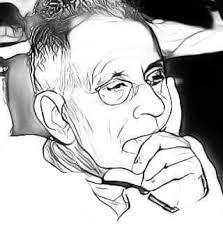
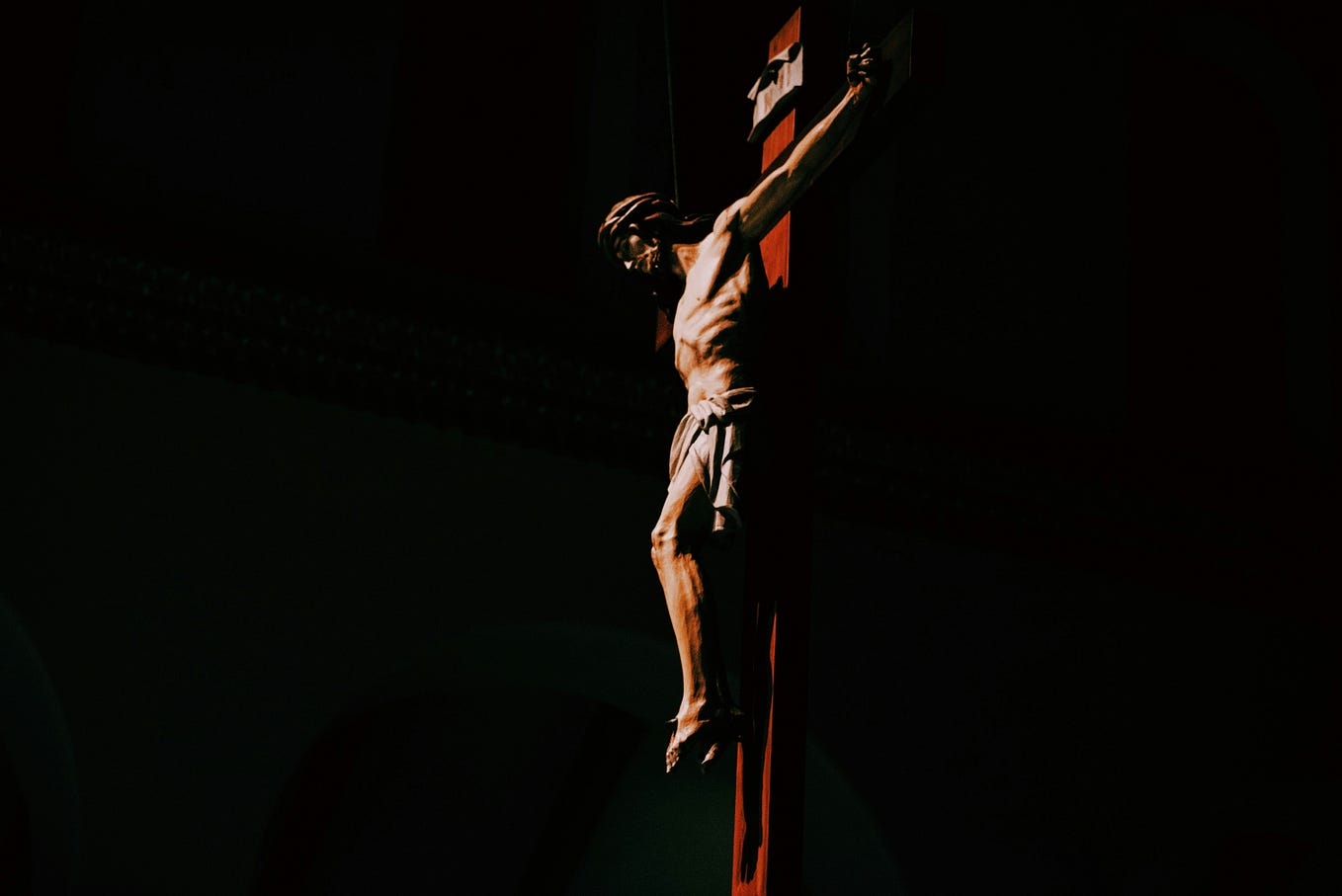
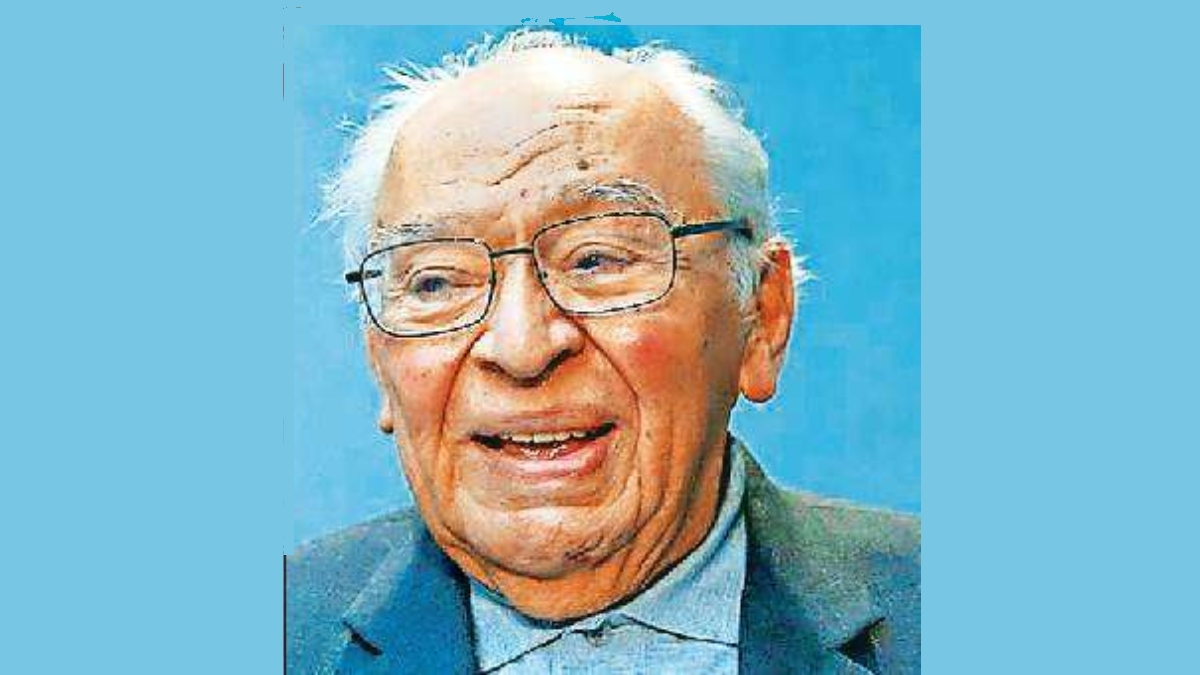
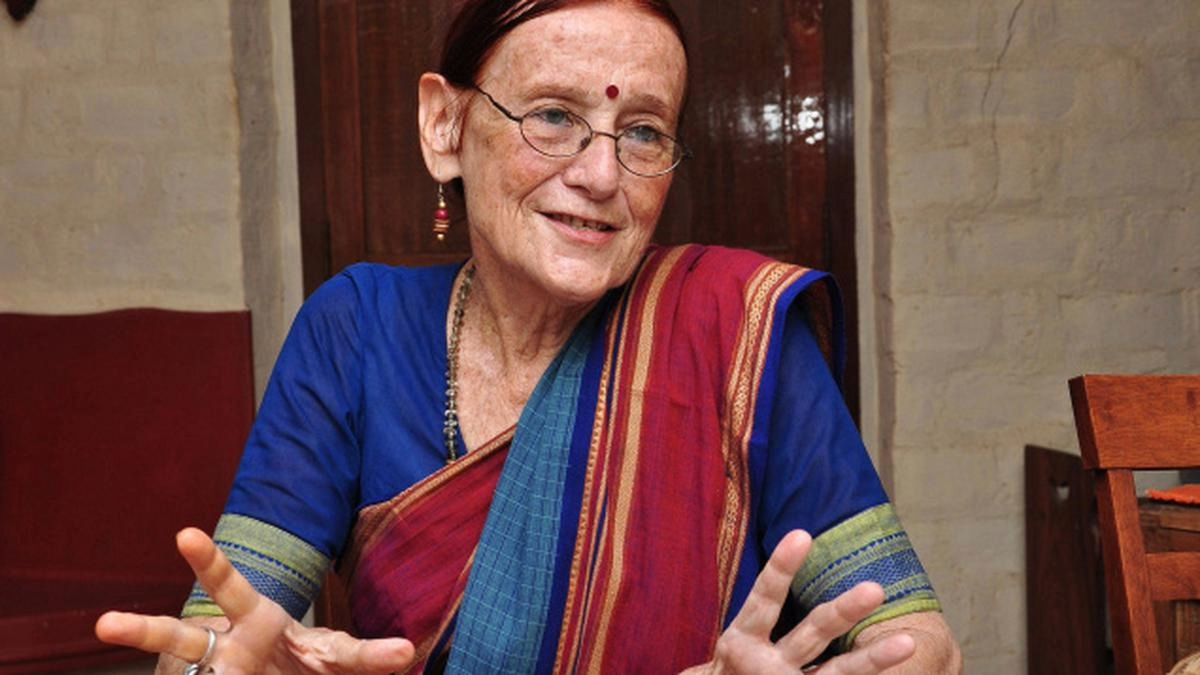
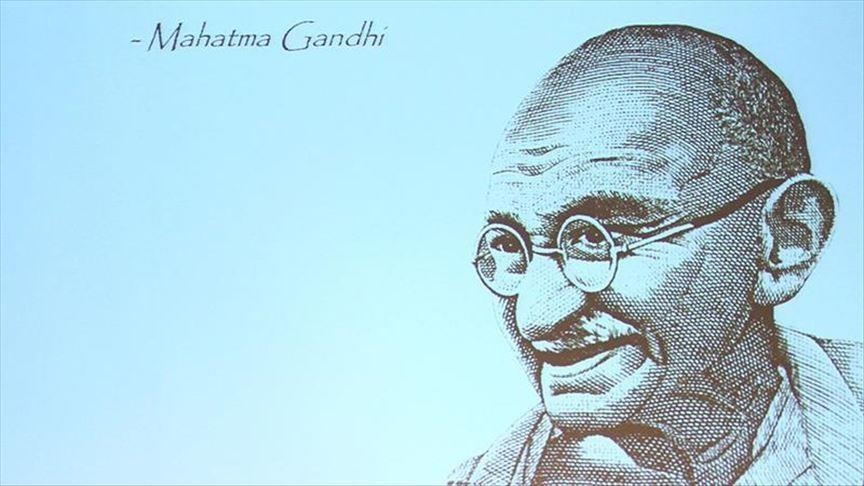
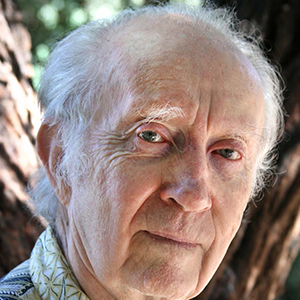
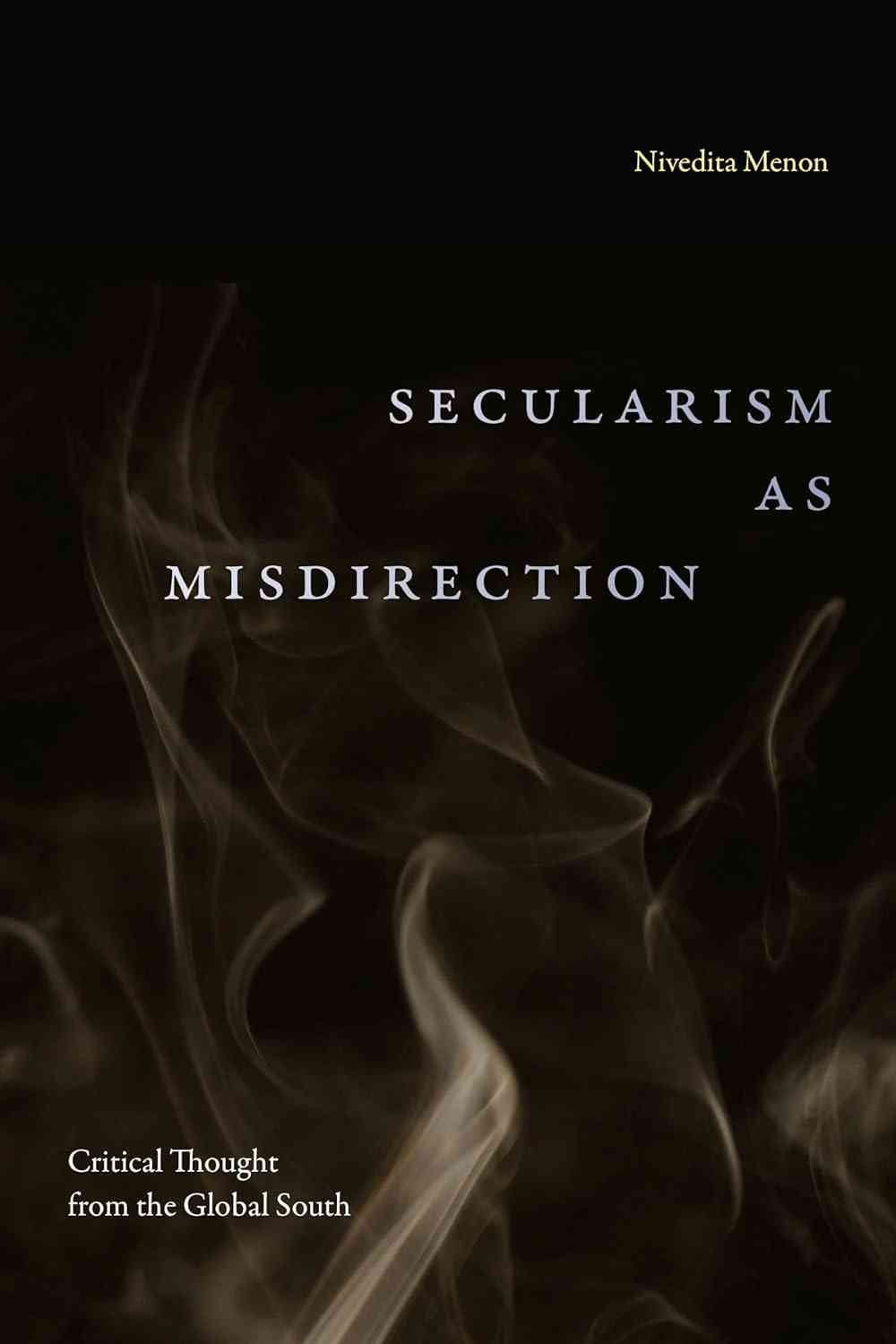

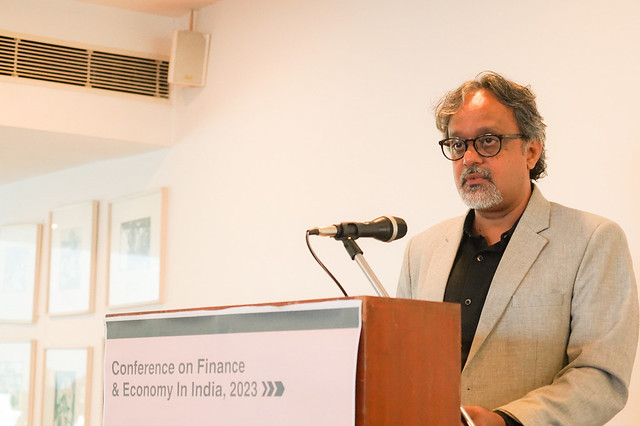


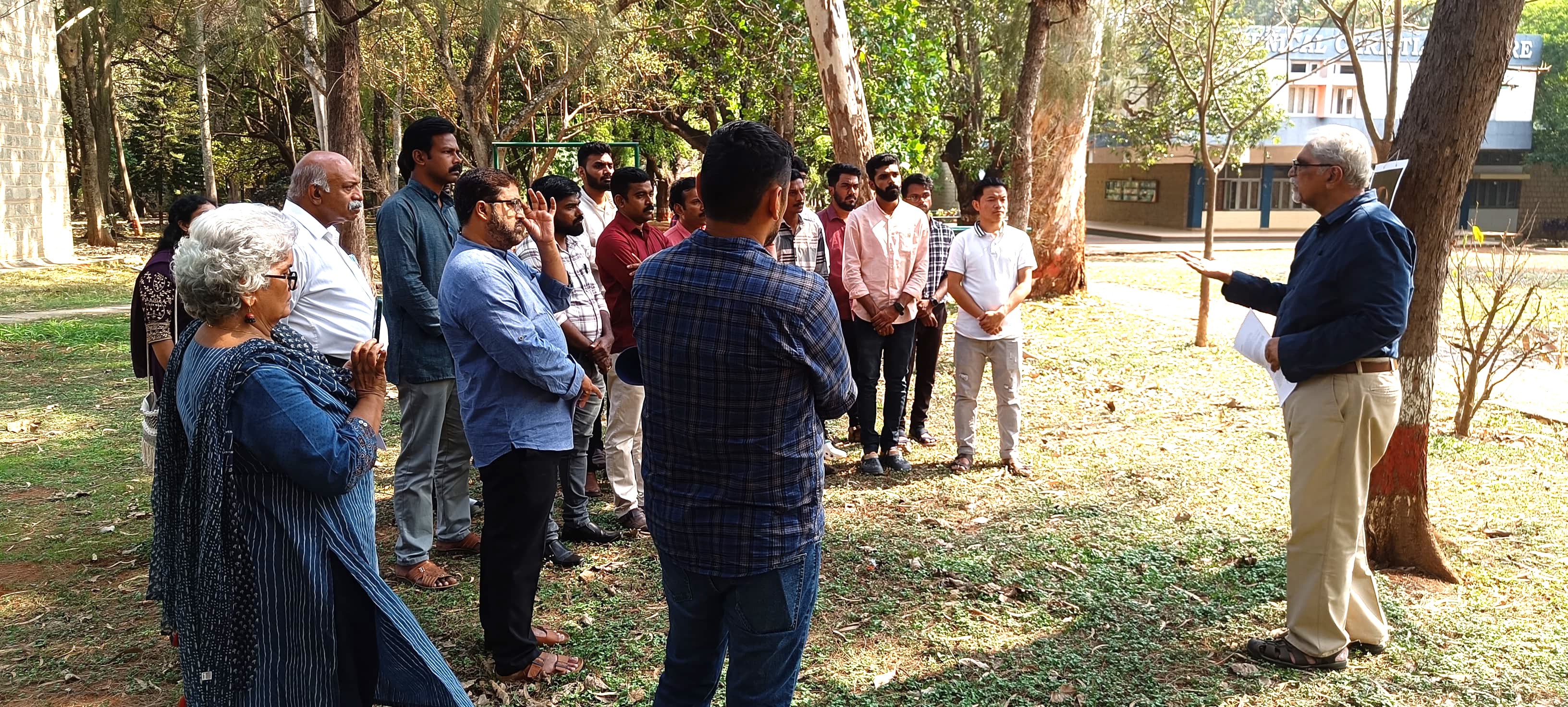
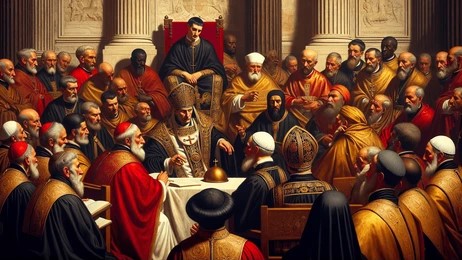
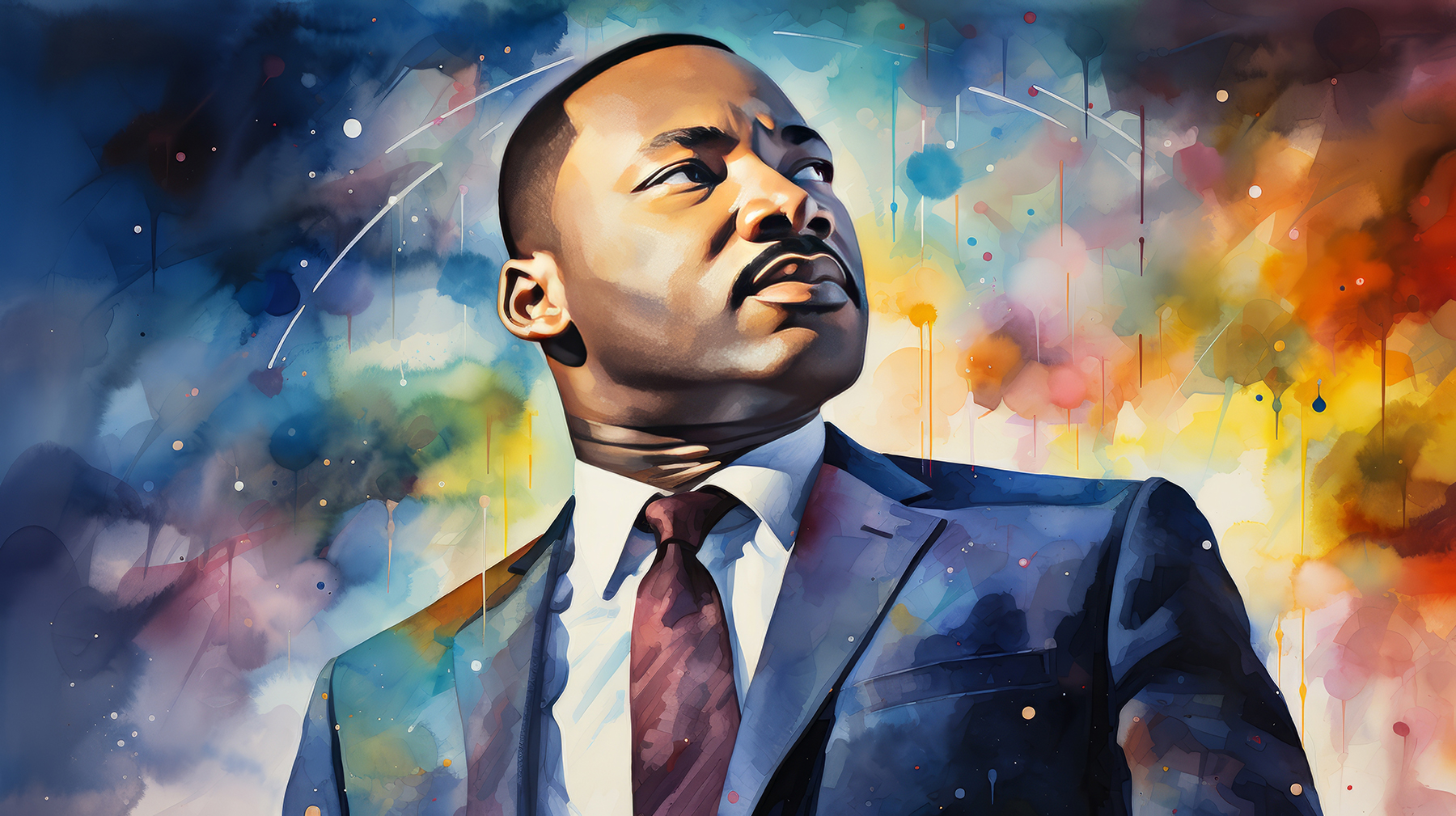
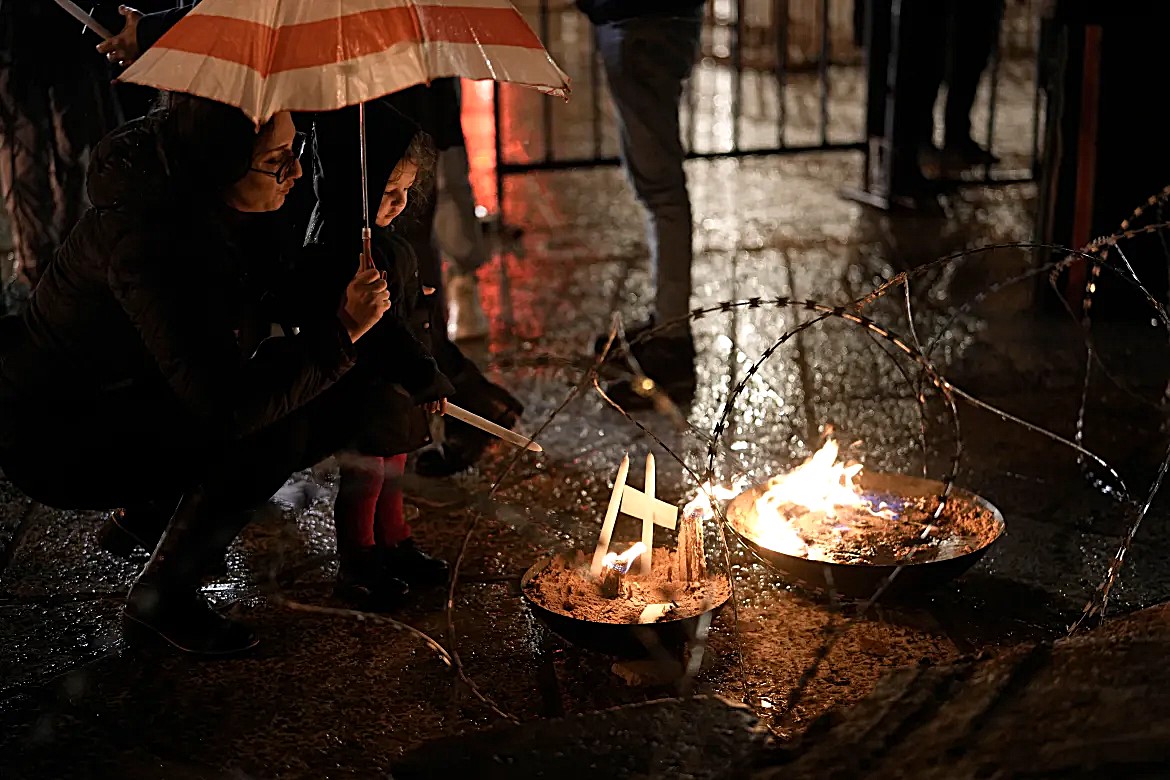
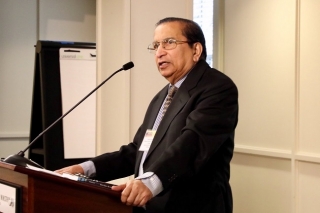
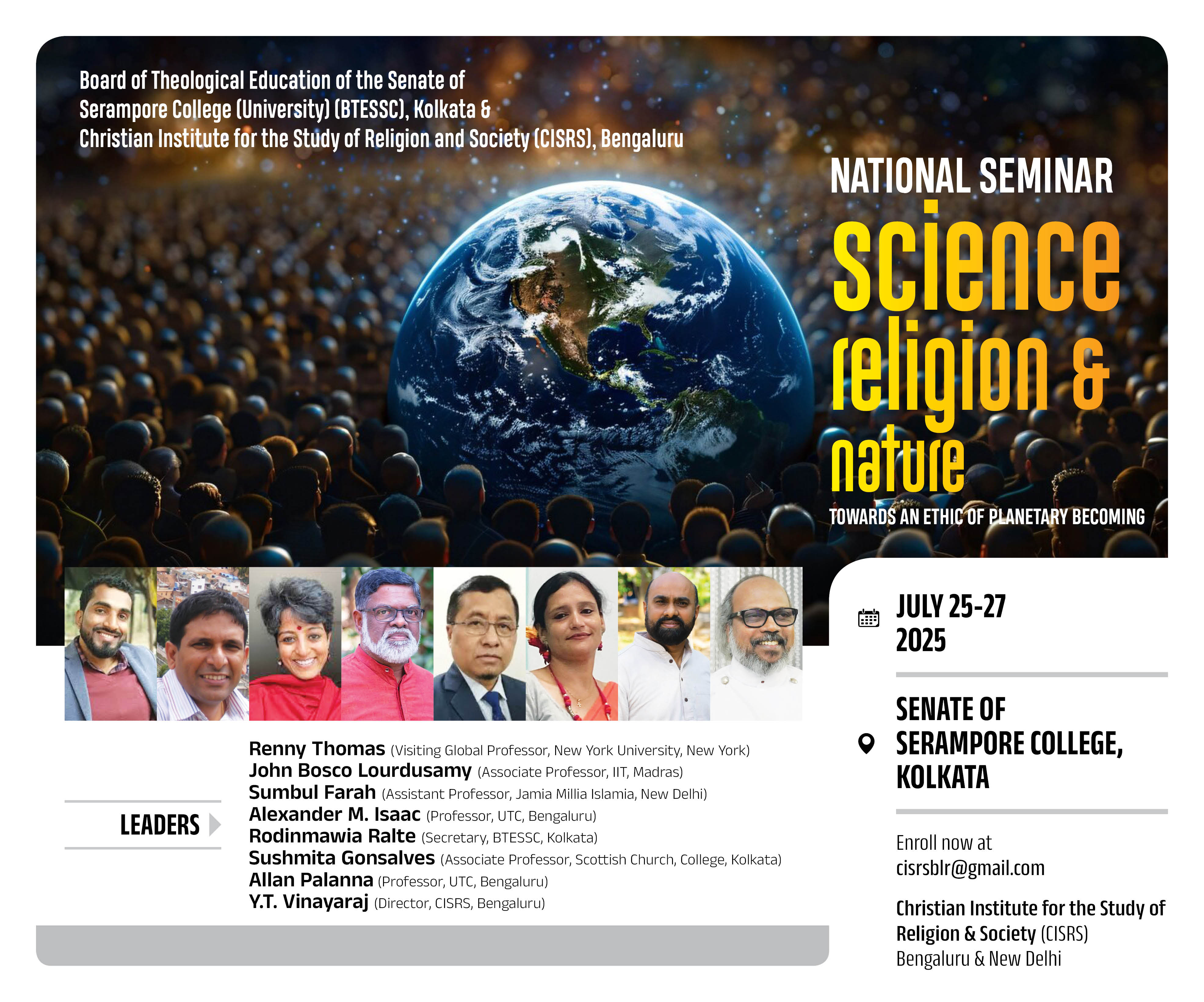

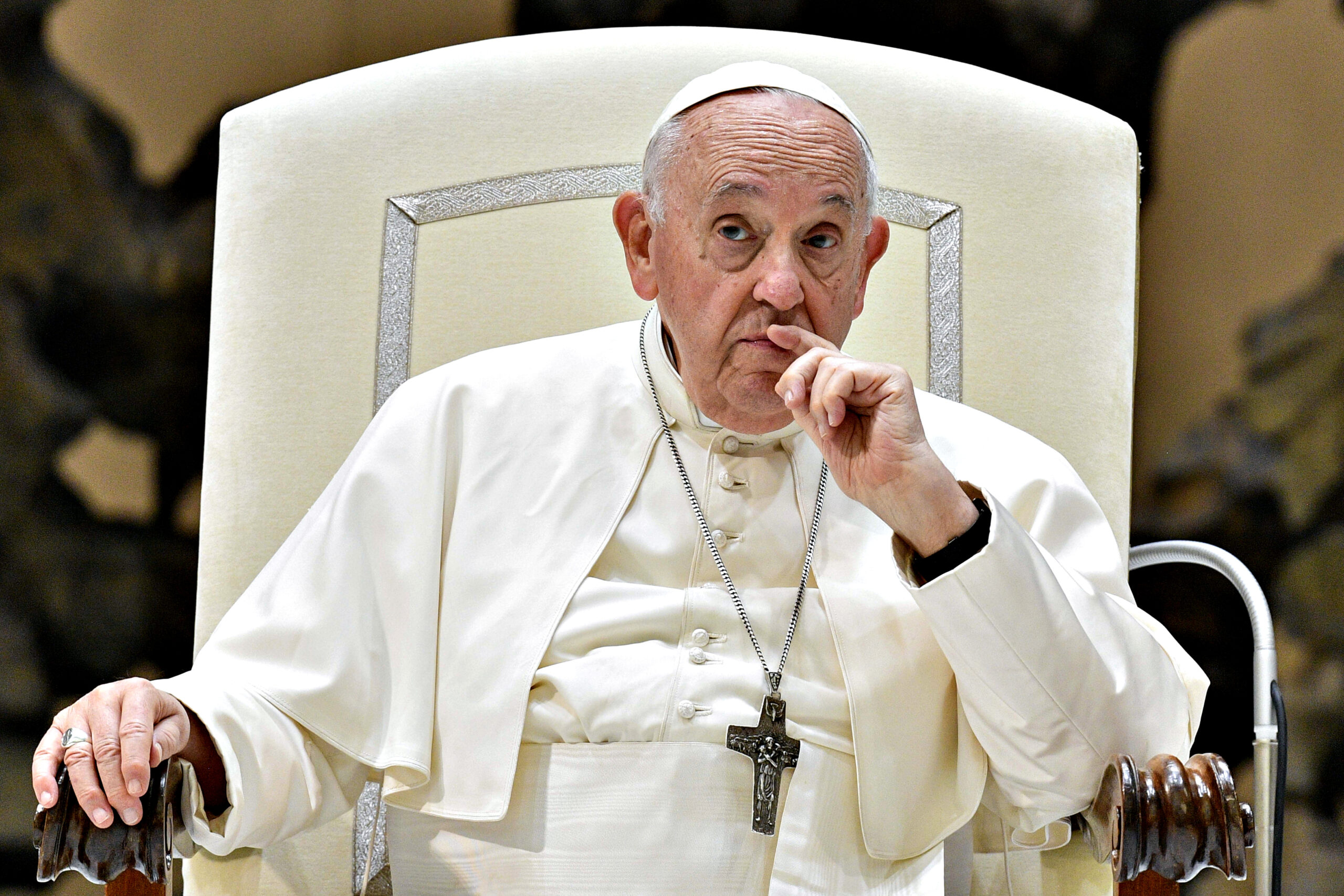
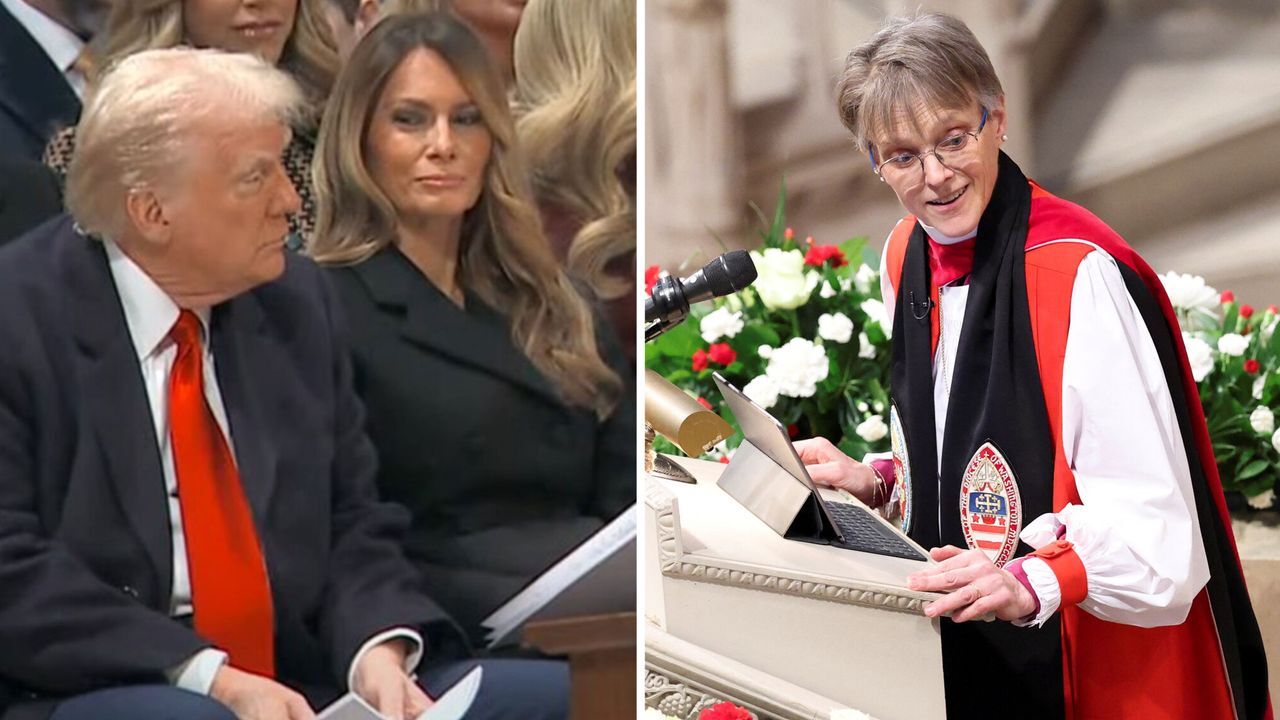
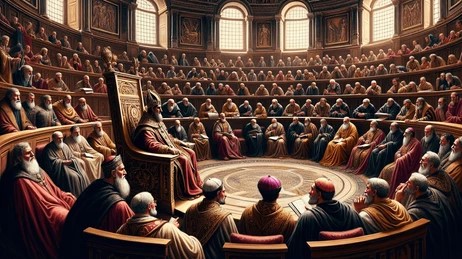

Comments
No Comments